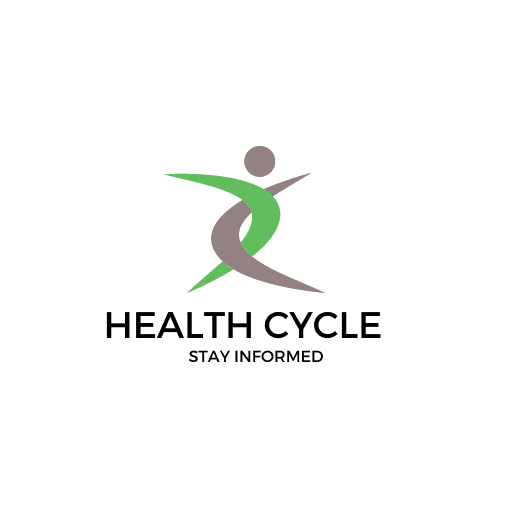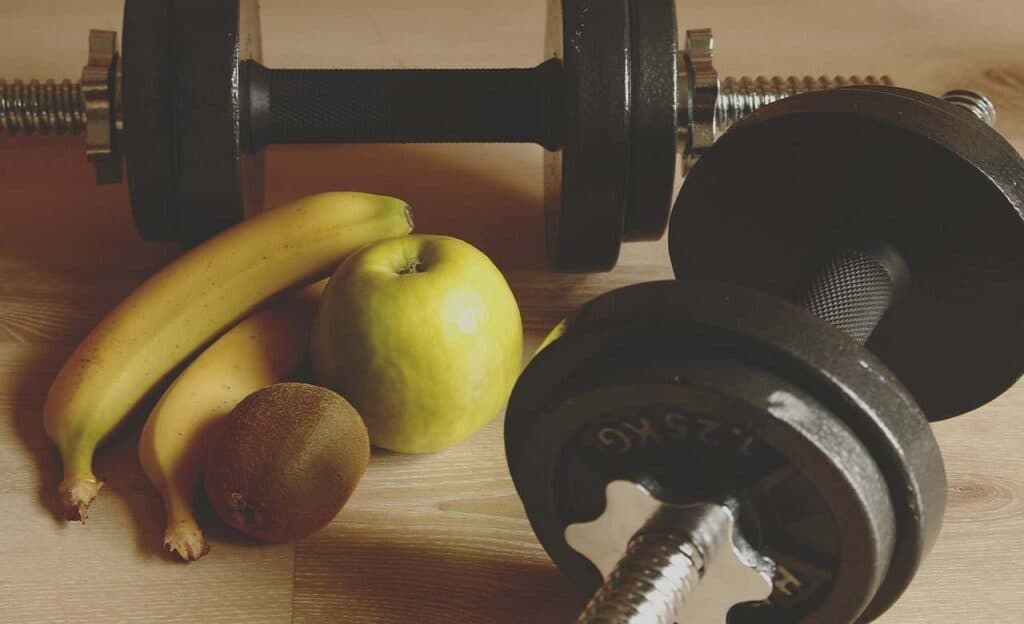Recovery After Weightlifting is an interesting yet very important topic, As We Can See Weightlifting already can become a numbers game as we track how much weight we lift, how many repetitions and sets completed or how fast one can build muscle mass. But there is a huge and often overlooked component to gaining strength Recovery After Weightlifting. Recovery After Weightlifting is as significant as the exercise. It might lead to fatigue, injuries or even frustratingly slow muscle gains.
In this guide, we look into what it really means to Recovery After Weightlifting is, how you can improve recovery time and why that will also contribute to better performance in the long run. If you are a lifter that has been lifting for some time now and your results seem to plateau, recovery can make the difference between wasting countless hours at the gym or getting better results with less time. Let’s get started!
The Importance Of Recovery After Weightlifting
You may think that the purpose of lifting weights is to gain muscle, but in theory, you build muscle after your workout. In the same way that you are causing minivan moves in your muscles throughout a session. As your body repairs these tears, those muscles grow and become stronger. This is the healing that occurs when you rest, not when you lift.
Forgetting about Recovery After Weightlifting leads to an overstrained state that results in burnout, a decrease in performance and increase risk of injuries. By recovering properly, you allow your muscles, tendons and ligaments to heal, grow & be ready for the next workout.
Key Benefits of Recovery After Weightlifting:
- Faster muscle growth
- Improved performance
- Reduced muscle soreness
- Decreased risk of injury
- Increased energy levels
Before that, you know why is it important let us move towards the process how to avail Recovery After Weightlifting training concerts.
-
Cool Down and Stretch
After you complete your final set, there is a strong inclination to get out of the gym or go home as relax — but skipping this important part of the workout can take longer for you to recover. Allow for your heart rate to settle and muscles to come back without any sudden shock.
- Cooling Down Process:
- Slow cardio:
- Post tough workout: allocate 5-10 minutes to go around doing a little low intensity cardio walk or cycle slowly. It will help flush out the lactic acid reducing the stiffness in the muscles.
- Stretching: After the cooling down, ensure you stretch the muscle groups you were working on. Stretch out each for 20-30 seconds. Stretching helps improve flexibility and muscle tightness. Some of the post weightlifting stretching moves include the hamstring stretches, quad stretches, and chest openers.
2. Hydrate adequately: Recovery After Weightlifting can be as simple as drinking enough water? One of the most common recovery aspects people tend to neglect is hydration. Lifting, like any other intense workout, makes you sweat and lose water. Dehydration leads to muscle cramps, headaches, and slower Recovery After Weightlifting.
How to avoid: Drink water through the entire workout and after Consider electrolyte drinks if you decide to lift weights for long. Electrolytes such as sodium, potassium, and magnesium help regulate fluid balance and muscle contraction. Some good post weightlifting electrolyte sources include coconut water and sports drinks.
3. Get something high in protein: In Recovery After Weightlifting, the muscles need a lot of protein. This protein serve acts as the building blocks that the body needs to rebuild the muscle tissues.
When to eat: The “ anabolic window ” suggests you eat 30-60 minutes post weightlifting, but recent studies indicate that as long as somebody gets enough protein in a day, they not overthink about this. What to eat: Lean meats. Fish Plant-based proteins.
Protein shakes: These are quick and easy post workout alternatives Opt. for a good whey or plant based protein powder to refuel muscle glycogen.
Be sure to pair your protein source with carbs to replenish glycogen stores, which are the main fuel source for exercising muscles. Sweet potatoes are a great example of complex carbs you should use You could use quinoa or even brown rice instead,
4. Prioritize Sleep
One thing you cannot get around when it comes to Recovery After Weightlifting is – SLEEP. Deep sleep is when the highest levels of growth hormone are released into your body, and you need that hormone in order to repair and grow muscle.
The Good Sleep Manual for Better Recovery After Weightlifting
- Sleep 7-9 hours: Try to get at least 7–8 sleep per night. Anything less and you may compromise your ability to fully recover and perform.
- Sleeping in a cold dark room: The lack of light promotes the production of melatonin, which is what makes us sleep.
- Stop looking at screens in bed: The blue light from screens can make you feel as if it’s still daytime and prevent you from drawing attention away to fall asleep.
- It is important to be consistent: going to bed at the same time and waking up at the same time helps stabilize your internal clock.
- Active Recovery Days
- Active recovery: It is any low-intensity activity done on your non-workout days that helps increase blood flow and decrease the stiffness of muscle without putting strain on your body. It allows you to keep moving while allowing your muscles sufficient time to recover.
5. Top Recovery
- Walk: Walking can release stiff muscles and improve blood circulation.
- Aquatics: By swimming, water reduces the pressure on your joints and also lets you move.
- Yoga: Yoga increases flexibility and decreases muscle tension, which provides the perfect supplement to any regimen for Recovery After Weightlifting.
- Foam rolling: This method is known as self-myofascial release and aids in massaging tight muscles and decreases muscle soreness.
Days when you’re not weightlifting but doing something to get moving and help your recovery are just right for active Recovery After Weightlifting.
6. Supplement for Recovery After Weightlifting
Other times your diet may be lacking in the nutrients needed for ideal recovery. Getting help from supplements in such cases
Key Supplements for Recovery:
And better yet, protein powder Insert your daily amount of required protein got average.
- BCAAs (Branch-Chain Amino Acids): BCAAs are crucial to offsetting muscle soreness and assisting with muscle recovery, especially from long or hard training sessions.
- Creatine: Probably one of the most researched supplements, creatine is proven to work whether it be in muscle recovery or increased strength.
- Benefits of Fish oil: This is rich in omega-3 fatty acids that can reduce inflammation and help with arthritis, thus reducing any post-workout joint pain from lifting weights.
- Magnesium: Magnesium is essential for muscle relaxation- cramping or tightness?
Supplements should not be taken without consulting e healthcare provider or nutritionist to determine the right choice for you.
7. Listen to Your Body
Listening to your body is arguably the most single important thing about recovery. Listen to your body — if you ever really do feel sore, tired or mentally exhausted beyond a way that’s unusual for yourself (activity level hasn’t peaked more than usual imminently), you might want some extra recovery time.
When You Need More Time to Recover
More sore than usual: It’s normal to feel a little sore after an intense workout, but if that lasts for more than 72 hours, it could be down to overtraining.
- Loss of strength: if you seem to be unable to lift weights that were more than manageable for you before, it is a sign that your muscles have not been recovering properly.
- Emotionally drained: The wear and tear that physical exhaustion may make on your mind. If you have lost motivation and your next scheduled gym sesh fills you with dread, then it may be trying to tell you to take a well deserved rest.
One key thing to remember, an extra day or two off won’t end your progress, it will help you rebuild which will make your comeback stronger than ever.
Weightlifting Recovery Conclusion & Best Point
It is not just about feeling good after training; it’s about getting the results you want and staying on track with your goals. Add this to the all-around rehab routine of hydration, nutrition, and sleep; while ensuring regular rest and active recovery and you will have decreased your muscle injury risk (and chances) greatly.
Look at recovery as part of training, rather than the obstacle that keeps you from your next sweat-session. As you recover and give your body the time it needs to repair, you will come out even stronger, healthier, and more than ready for whatever workout attempts come your way next.
Keep grinding, stay patient and Bench Smart!
Recovery After Weightlifting FAQs
-
Recovery Time of Weightlifting?
What are each mean recovery times depending on the intensity of your workout and how in shape you are. Usually muscles recover from 24-48 hours. Now to be fair, larger muscle groups may require more time.
-
Working out If Sore?
Try doing light exercise such as walking or yoga because that could ease the pain. If you are feeling extremely sore, your muscles might still be recovering and you will be risking overtraining.
-
How Many Protein for your Muscle Recovery?
A daily protein intake goal of 0.7 to 1 gram of protein per pound body weight is often adequate for muscle repair and growth; Of course, individual requirements might differ depending on the intensity of your workouts and what you want to achieve.



